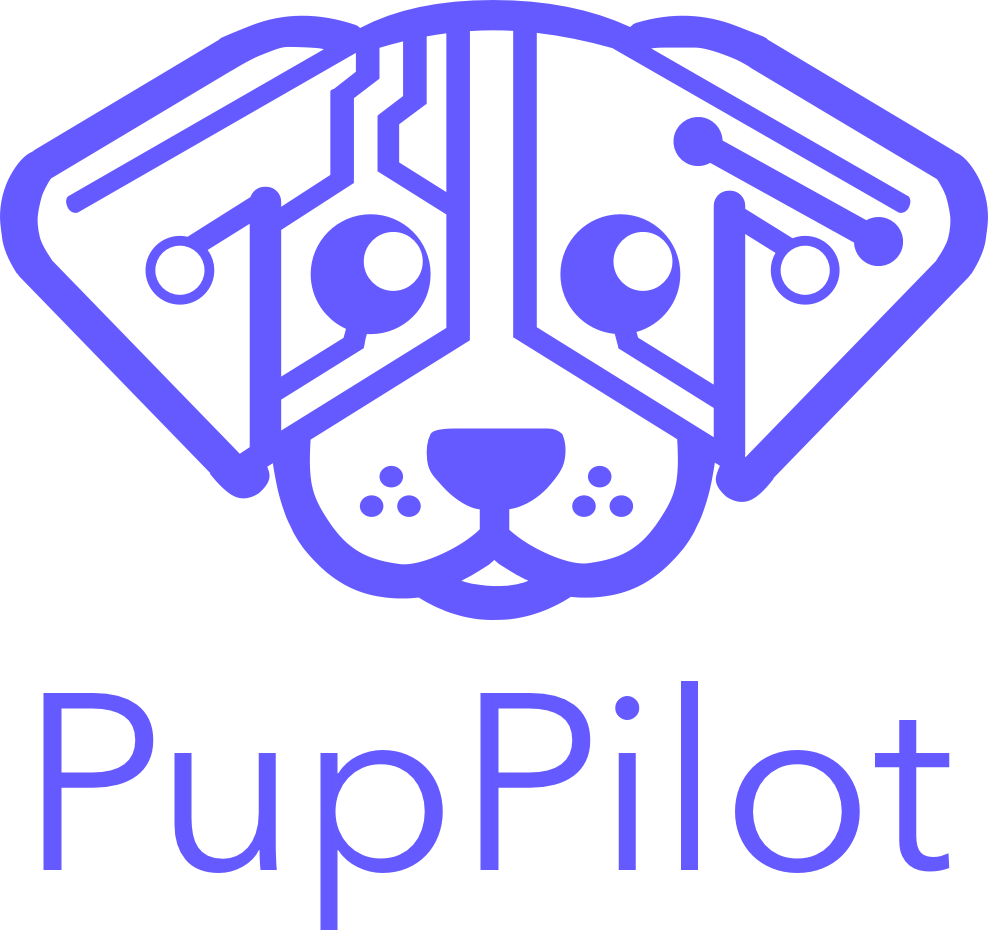Veterinary PIMS Software: Key Features & How to Choose
Choosing a veterinary PIMS can feel overwhelming. This guide explains what PIMS is, the features that matter (records, scheduling, billing, inventory, comms, analytics), cloud vs. on-prem tradeoffs, integrations, migration, cost, and a step-by-step selection checklist.

Managing a modern business or practice involves juggling a multitude of tasks—tracking information, scheduling, billing, inventory, and communication. Practice Information Management Systems (PIMS software) have emerged as powerful tools to streamline these processes, reduce administrative burden, and help teams focus on what matters most.
But with so many options available, what exactly is PIMS software, what features should you look for, and how do you choose the right one for your needs? This guide breaks it all down.
What is PIMS Software?
PIMS stands for Practice Information Management System (or sometimes Project/Process Information Management System, depending on the industry). At its core, PIMS software is a digital platform designed to centralize, organize, and automate the day-to-day operations of a business or practice.
Whether you run a veterinary clinic, manage engineering projects, or oversee complex manufacturing operations, a PIMS serves as your digital command center—keeping records, schedules, communications, and financials all in one place.
Who Uses PIMS Software?
PIMS solutions are widely used across various industries, including:
Veterinary clinics and hospitals
Medical and dental practices
Engineering and construction firms
Manufacturing and industrial operations
Research and pharmaceutical labs
Service-based businesses
Each industry may require specialized features, but the core goal remains the same: to streamline operations and improve efficiency.
Key Features of PIMS Software
While specific features vary by provider and industry, most PIMS platforms offer:
Centralized Record Management
Keep patient, client, or project records organized and accessible from anywhere. This includes medical histories, project documentation, or service logs.
Scheduling and Appointments
Automate appointment or project scheduling, send reminders, and reduce no-shows.
Billing and Invoicing
Generate invoices, track payments, and integrate with accounting systems for seamless financial management.
Inventory Management
Monitor stock levels, automate reorder alerts, and prevent shortages or overstocking.
Workflow Automation
Automate repetitive tasks, standardize processes, and reduce manual entry.
Communication Tools
Integrated messaging, telemedicine, or client portals to enhance communication and service delivery.
Reporting and Analytics
Real-time dashboards and custom reports to help you make informed decisions.
Cloud Accessibility
Many modern PIMS solutions are cloud-based, allowing access from any device and location.
Benefits of Using PIMS Software
Efficiency: Automate routine tasks and streamline workflows, freeing up time for core activities.
Accuracy: Centralized records reduce errors and ensure up-to-date information.
Cost Savings: By reducing manual work and improving resource management, PIMS can help lower operating costs.
Scalability: Cloud-based and modular systems grow with your business.
Better Client/Patient Experience: Faster service, improved communication, and fewer errors enhance satisfaction.
PIMS Software in Veterinary Practices: A Closer Look
Veterinary clinics are among the biggest adopters of PIMS software. The right system can transform a clinic’s operations by:
Organizing patient medical records and histories
Automating appointment scheduling and reminders
Handling billing and payments (including online options)
Managing inventory for medications and supplies
Enabling telemedicine and client communication
Providing cloud access for mobile vets or multi-location practices
For example, features like automated SOAP notes, integrated telemedicine, and cloud-based access are now standard in leading veterinary PIMS solutions.
Comparison of Leading PIMS Solutions
With a wide variety of PIMS software available, choosing the right platform depends on your specific needs, industry, and workflow. Below is a comparison of several leading PIMS solutions, highlighting their unique features and ideal use cases:
1. DaySmart Vet
Best for: Veterinary clinics seeking intuitive, customizable, and collaborative software
Key Features:
- Live SOAP collaboration among users
- Modern, user-friendly design
- 24/7 customer support
- PetCare client-facing mobile app
Considerations: - Reminder system can be complex
- Limited reporting capabilities
2. NaVetor
Best for: Practices needing strong integrations and attractive pricing
Key Features:
- Smooth integration with diagnostic tools
- Modern, cohesive interface
- Easy navigation and substantial integrations
- Responsive customer support
Considerations: - Can be click-heavy for certain tasks
- Interface geared more towards veterinarians
3. Covetrus Pulse
Best for: Clinics seeking a feature-rich, all-in-one platform
Key Features:
- Centralized applications and integrations
- Task dashboard for improved organization
- Short onboarding time
Considerations: - Reporting function can be complicated
- Users report a high number of clicks for tasks
4. Hippo Manager
Best for: Practices wanting simplicity and easy onboarding
Key Features:
- Easy to learn and user-friendly
- Popular tech support
- Constant updates
Considerations: - Reporting features could be improved
- New subscriptions may be paused during major updates
5. Rhapsody
Best for: Clinics valuing quick setup and telemedicine integration
Key Features:
- Tab-free, clutter-free navigation
- Fast onboarding (as little as 48 hours)
- Integrated telemedicine app (Boop)
- Check-in kiosk function for clients
Considerations: - No 24/7 support yet
- Lacks color-coding system
6. Weevio PIMS
Best for: Businesses seeking all-in-one automation across accounting, inventory, and POS
Key Features:
- Integrated accounting, inventory, and POS
- Real-time, accurate reporting
- Industry-specific modules
- Cloud-based customer and picture portals
Considerations: - Focused on retail, service, rental, and manufacturing sectors
7. Omega 365 PIMS
Best for: Engineering and construction project management
Key Features:
- Robust integration and customization
- Lifecycle project management
- High security and stability
Considerations: - Designed primarily for large-scale project environments
8. Lucullus® PIMS
Best for: Bioprocessing and laboratory data management
Key Features:
- Advanced data analysis and reporting
- Integration with bioreactor systems
- Modular architecture for different scales
Considerations: - Tailored for pharmaceutical and research industries
How to Use This Comparison:
When evaluating PIMS software, consider your practice or business size, team structure, industry-specific needs, and desired integrations. Some platforms excel in veterinary medicine, while others are optimized for engineering, retail, or laboratory environments. Take advantage of free trials and demos to assess usability and fit before making a decision.
Conclusion
PIMS software has become an essential tool for modern practices and businesses, offering a centralized solution to manage records, scheduling, billing, inventory, and communication. By choosing a system that fits your unique needs, you can streamline operations, improve accuracy, and deliver better service—whether you’re running a veterinary clinic, managing engineering projects, or operating in another field.
Related: Dictaphone: The Evolution of Dictation Technology, Short Hand Writing: A Complete Guide, and Animal Care Software: Streamlining Pet and Livestock Management.
